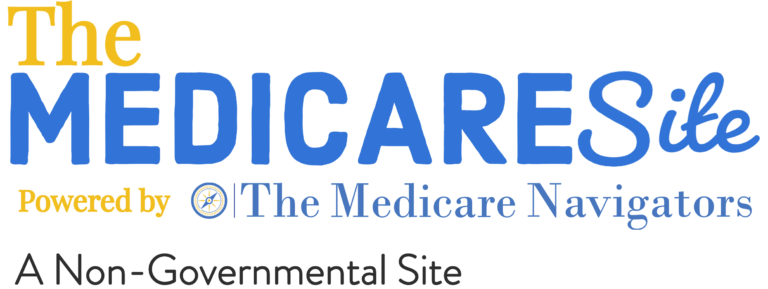
MEDICARE DOESN'T
NEED TO BE CONFUSING
Get UNBIASED Medicare assistance from local agents who care.
We are your Local Medicare Resource Team!
NO FEE ASSISTANCE
Don’t do it alone! We are here to give you personal help, answer the tough questions, compare plans, and assist you with enrollment.
What people say about us...
WE DO MEDICARE!
We take the guess work out of Medicare and help you find the plan that fits your individual needs.

1. Free Consultation
Have questions? Do you have the right coverage? Whether you are new to Medicare or looking for more coverage, we always start by assessing your individual needs to ensure you have what you need.

2. Compare Plans
Do you need more benefits? Are you paying more than you need? We compare Medicare plan options across all major carriers to ensure you get the coverage you need without paying more than you should.

3. Enrollment
We are contracted with all major insurance carriers in your area for Medicare Advantage, Medicare Supplements, Prescription drug plans, and dental. Conveniently enroll in person, phone, or email.

4. Yearly Reviews
Medicare is an ongoing journey with potential health and plan changes each year. We are here every year to review your coverage and ensure your Medicare plan keeps up with your needs.



